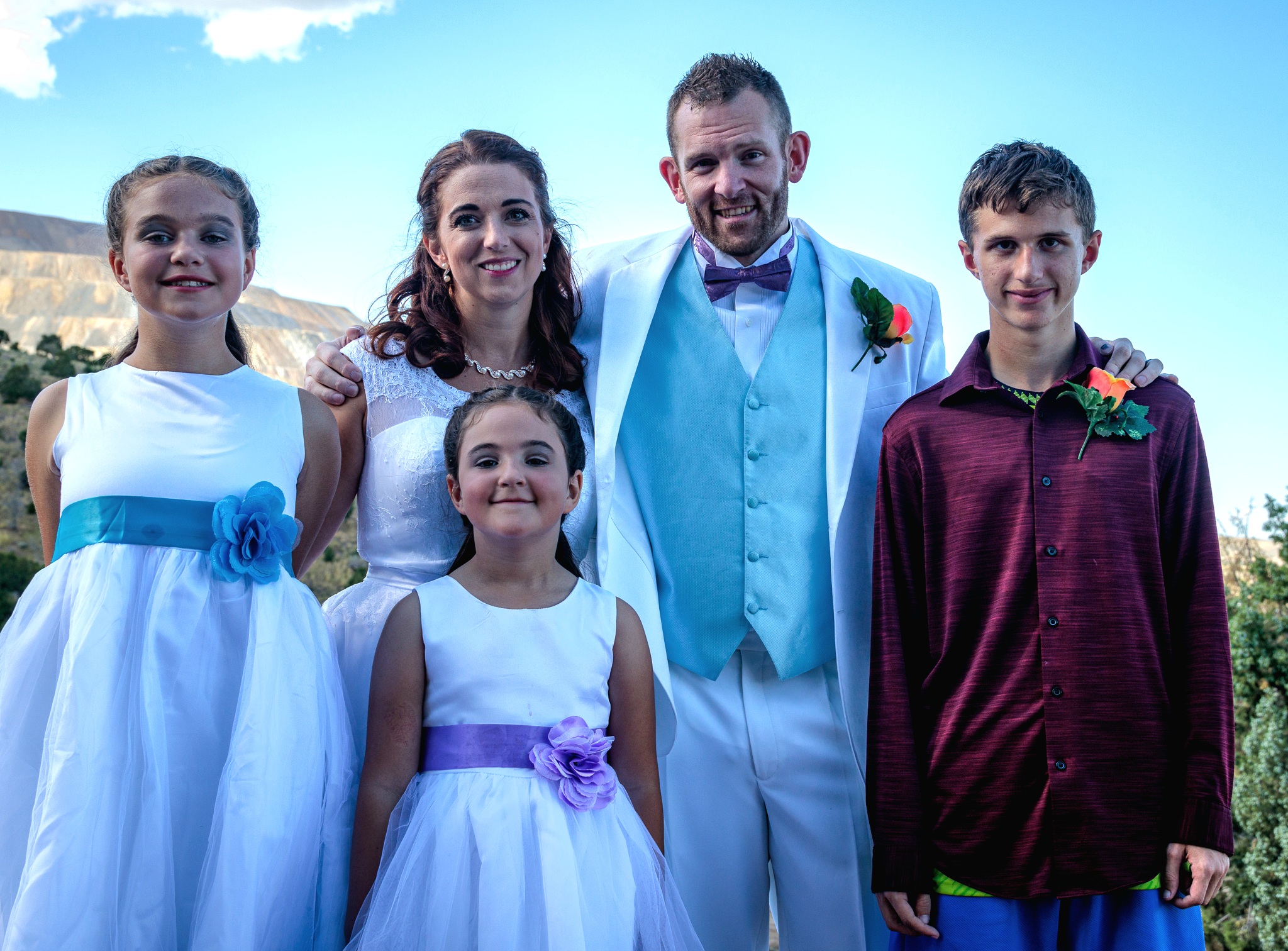
Amanda hopes her cancer journey is a positive example for her kids
April 22, 2024
This is a guest post by Amanda Reitz, a mother of three children who were 13, 9, and 5 years…
Read More*This content should not be used as a substitute for professional medical advice, diagnosis or treatment. Please consult your healthcare provider about any questions you may have regarding a medical condition. The CDC has guidelines for those who are sick with COVID-19 or those who suspect they are infected with the virus that causes COVID-19.
Coronaviruses area a family of viruses that can cause common colds and respiratory infections. Coronavirus disease 2019 (COVID-19) is the name of the illness caused by a new coronavirus.
Healthcare professionals’ understanding of COVID-19 is evolving. The US Centers for Disease Control and Prevention (CDC) has ongoing information.
Certain groups of people have an increased risk of getting sick from a COVID-19 infection including older adults and people with serious underlying medical conditions like heart disease, lung disease, and diabetes.
People with cancer are another group at high risk of serious illness from infection, according to the American Cancer Society (ACS) , and this can include COVID-19 infections. This is because cancer itself or cancer treatments can weaken the immune system.
Among people with kidney cancer, the average age at diagnosis is 64 years and most people are diagnosed between ages 65-74, according to the ACS.
Listen to this Uromigos podcast episode “COVID-19 and Renal Cancer: A Patient’s Perspective” in which the hosts and guests discuss kidney cancer surgery and treatment in the context of COVID-19, what some of the unknown factors are (there are many), and what questions patients may want to ask their doctors.
Emergency warning signs for COVID-19 require medical attention immediately. They include :
According to the CDC, if you think you’ve been exposed to COVID-19 and develop a fever and symptoms, such as cough or difficulty breathing, call your healthcare provider for medical advice.
COVID-19 mainly spreads between people through respiratory droplets produced when someone coughs or sneezes, according to the CDC. It may also be possible for someone to get COVID-19 by touching something that has the virus on it and then touching their face (mouth, nose, and possibly eyes).
Good hygiene practices are among the best ways to lower the risk of any type of infection, though people at increased risk may need to ask their healthcare provider about additional steps.
CDC – Coronavirus disease 2019 (COVID-19) and you
NIH – Coronavirus: What People with Cancer Should Know
American Cancer Society – Common Questions About the New Coronavirus Outbreak
Fred Hutchinson Cancer Research Center – Coronavirus: what cancer patients need to know
MD Anderson Cancer Center – Cancer patients and the coronavirus: What you should know
3 thoughts on “Cancer and the novel coronavirus COVID-19”
I have had my left kidney removed due to cancer. Tumor board said chemo was not needed. My Dr said my right kidney is beautiful. Am I at high risk @ age 62. They said my immune system is great as I had 40,000 white blood cell count fighting an infection which caused kidney cancer.
Peggy can I ask what kind of infection caused your kidney cancer? Thanks Laura
Thanks for sharing. I will try to implement these methods on my blog. Thanks for sharing. Keep updating us.